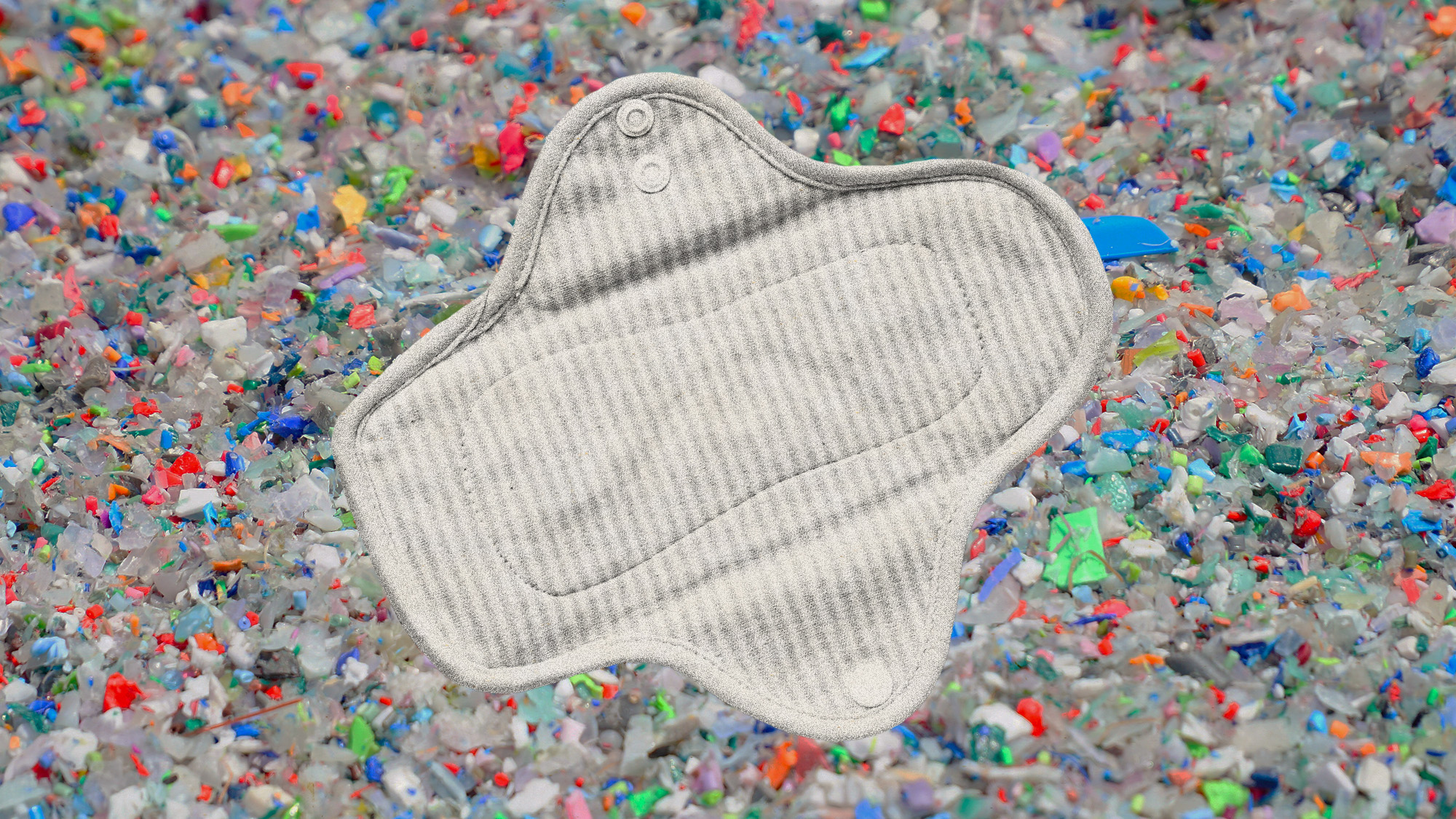Forever chemicals were found in reusable menstrual products. That is nothing new for women.
Toxic chemicals are all too common in such products


A free daily email with the biggest news stories of the day – and the best features from TheWeek.com
You are now subscribed
Your newsletter sign-up was successful
Reusable menstrual products have been found to contain harmful chemicals associated with several health problems. This is just one example of products targeted at women having unintended negative health consequences. Without more attention placed on women's health, the well-being of women — as well as everyone — could be at risk.
Perilous periods
A high level of perfluoroalkyl and polyfluoroalkyl substances (PFAS), also known as forever chemicals, were found in a variety of reusable menstrual products, according to a study published in the journal Environmental Science & Technology Letters. "What's shocking is that we found 33% of period underwear and 25% of reusable pads had intentional PFAS use — meaning the chemicals had been put there, likely to keep the products from leaking," said Graham Peaslee, a professor at the University of Notre Dame and senior author of the study, to CNN. PFAS are carcinogenic and are associated with other health problems, like reproductive and endocrine issues.
Unfortunately, reusable menstrual products are not the only feminine hygiene products to put women's health at risk. A 2022 analysis found that PFAS were also present in 48% of the 46 tested disposable sanitary pads and liners. Also, a "natural, organic or clean claim has no bearing on PFAS contamination in pads," said the analysis. Another 2024 study found toxic heavy metals in several tampon brands across the world.
The Week
Escape your echo chamber. Get the facts behind the news, plus analysis from multiple perspectives.

Sign up for The Week's Free Newsletters
From our morning news briefing to a weekly Good News Newsletter, get the best of The Week delivered directly to your inbox.
From our morning news briefing to a weekly Good News Newsletter, get the best of The Week delivered directly to your inbox.
Many have viewed reusable products as a safe and sustainable alternative to single-use ones. "Since reusable products are on the rise due to their increased sustainability compared to single-use products, it's important to ensure that these products are safe," said Marta Venier, a professor at Indiana University and author of the Environmental Science & Technology Letters study, in a statement. "This is crucial, especially for adolescents and young women, who are more vulnerable to potential negative health effects."
Women's woes
This is not the first instance in which products targeted at women were discovered to have negative health consequences. For example, several hair dyes were found to contain chemicals that can increase the risk of cancer and can also cause severe allergic reactions in both hairdressers and customers.
Women are more likely to use and be exposed to hair dye. Women also use many more beauty products daily compared to men, many of which are not tested for long-term safety. "Products are tested to make sure they don't cause short-term problems, such as skin irritation," but not for extended health consequences, said Kathryn M. Rexrode, an associate professor of medicine and chief of the Division of Women's Health at Harvard Medical School, at Harvard Health Publishing. The Food and Drug Administration only further investigates if problems are reported.
This is especially true for products marketed toward people of color. A study published in May looked at the products used by 64 Black and Latina women in Los Angeles and found that "53% reported using soap, lotion, shampoo, conditioner, skin lightener, eyeliner, eyelash glue and other beauty products that contained formaldehyde and formaldehyde-releasing preservatives," said NPR. Formaldehyde is also a known carcinogen. A different study by Consumer Reports found several cancer-causing ingredients, as well as lead, in 10 different synthetic hair products largely used for hairstyles popular with Black women.
A free daily email with the biggest news stories of the day – and the best features from TheWeek.com
Allowing harmful chemicals in women's products can bring harm to society as a whole. "Everything in the U.S. ultimately goes into landfills, and with time these forever chemicals leach into our drinking water, our irrigation water and our food supply," Peaslee said. Aside from products, women's health has been neglected by the health care system, including in medical research.
Devika Rao has worked as a staff writer at The Week since 2022, covering science, the environment, climate and business. She previously worked as a policy associate for a nonprofit organization advocating for environmental action from a business perspective.
